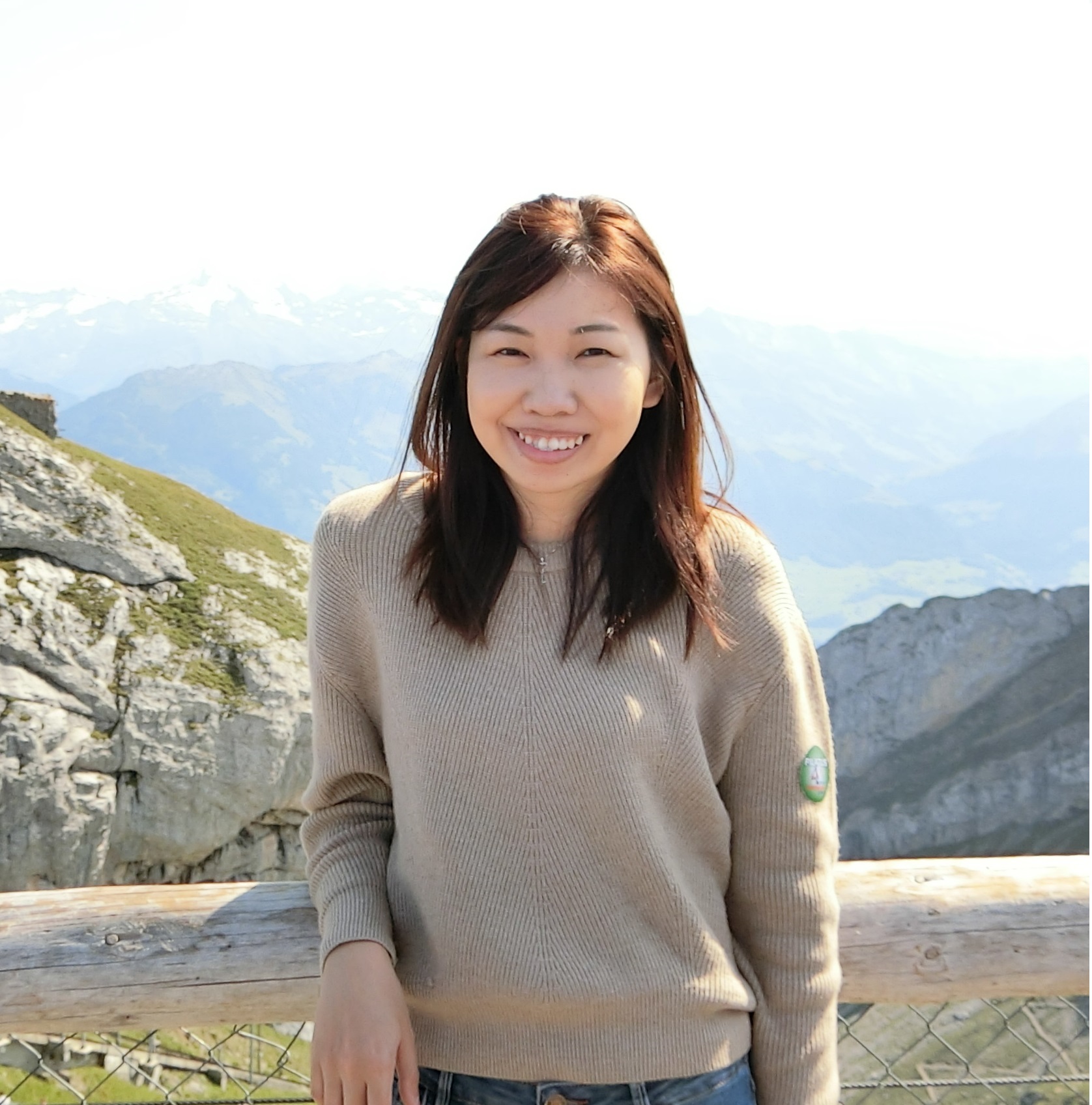
Tan Yeong Lan
Nationality: Singapore
Faculty & Year of Study: Faculty of Science, Year 4
Undergraduate: National University of Singapore, Singapore
"To do what you love, but more importantly to love what you do. At the end of the day, it's the passion and faith that will keep you going, no matter where and when."
